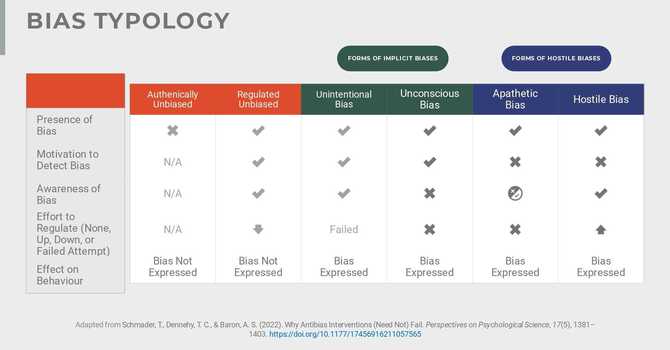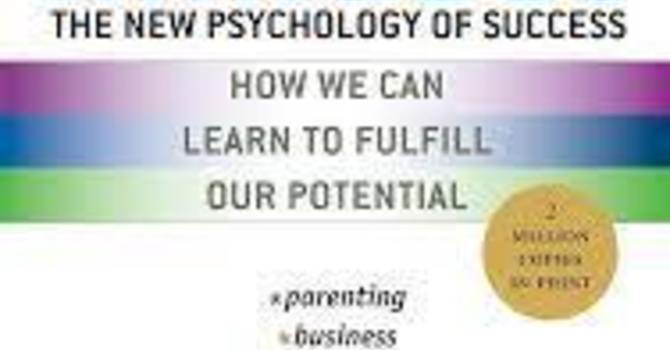
When we first step into leadership—or parenthood—we often build our identity on recognition. We want to prove ourselves: to the organization, our colleagues, and our family. The way we prove ourselves looks different for everyone, and our behaviour is shaped by our experiences, beliefs, worldviews, and what's most important to us.
How we:
- Relate to others
- Are self-aware
- Stay authentic to our wants, desires, and needs
- Notice the systems, processes, and people around us
- Achieve success in the world around us
... are all aspects of our identity.
Patrescence—the transition into fatherhood—is a significant shift, and for some, it requires a big change in their identity. Careers that once defined us share space with crying infants, sleepless nights, and a partner who needs us in new ways. For mothers, this shift has long been named and studied. Fathers experience it too, though it’s less often recognized.
The Pull Of External Validation
External validation involves seeking confirmation or approval from others through asserting, earning, or avoiding. It is completely normal to seek external validation; however, when it becomes a reliance or behaviours become habitual, it can lead to challenges in identity and the feeling of ‘failure’.
External validation could look like:
- At work, it appears as promotions, bonuses, and titles.
- At home, it can mean being “the provider,” “the dependable one,” or “the fun parent.”
The Pivot: Children As A Mirror
Having kids changes the mirror we’ve been gazing into. Suddenly, the external measures that once motivated us no longer seem enough. A toddler doesn’t care about your quarterly results. A teenager won’t remember your job title.
As we establish our careers and relationships and manage all the commitments we have, maybe our focus may shift. This is not too hard to imagine, afterall for most us our behaviour also changed from our university, technical, trade school to when we started being serious about career. Don't believe me? Just listen to this song by the Pursuit of Happiness a band from my hometown of Edmonton. I first heard this song back in high school in the late 90's. Every year, it became more relevant ...
One of the great things about being an executive coach is that I get to speak with people. Lots and lots of people. People who are leaders. People at different stages of their lives. I gain an outside view that allows me to think expansively from the perspective of my own journey as a Father in the midst of so-called 'middle-life'. There is a disparate perspective between leaders who are starting their careers, those in midlife, and those who have had the opportunity to serve their families, organizations, and communities fully. Focus, in general, shifts from establishing one's career to succeeding , to balancing commitments , and then to an internal focus, such as mentorship and contribution.
For us with an internal focus - we might start asking different questions:
- What really matters now?
- Am I modelling the kind of life I want them to live?
- What do I want to be remembered for—at home and at work?
This is where identity shifts from outside-in (validation-driven) to inside-out (purpose-driven).
Purpose And Possibility
Patrescence doesn’t erase ambition. It invites a refocus on who you are. Leaders in this stage often describe a hunger for work that connects to meaning, not just metrics. They become more sensitive to nuance, paradox, and possibility. As an exercise—see what happens when you speak some one you hold in high regard. Perhaps this person is a mentor, coach, or your own father/mother. If you have the courage, ask them what truly drives them. Notice their response and reflect.
Where we once asked, “What do I need to achieve to prove myself?” we now ask, “What can I contribute that aligns with my values and makes a difference?”
This shift can feel disorienting. Old measures lose their grip, but new guiding principles take time to trust.
Confronting Assumptions
Identity strikes at the root of who we are. Roots run deep, and understanding what motivates us is vital. It can be helpful to notice ‘scripts’ or narratives related to our motivations, which influence our behaviour. Recognizing these narratives helps discern whether they’re assumptions and decide if they’re helpful.
Some examples include:
- The script that success equals constant upward mobility.
- The belief that providing financially is the only way to provide.
- The notion that vulnerability reduces our effectiveness.
These assumptions persist, especially under stress. The opportunity lies in being conscious when they surface and deliberately choosing a different response.
Confronting assumptions head-on allows engagement in areas of purpose, possibility, and long-term visioning of who we want to be as men, leaders, and fathers. I would suggest that perfection is NOT the goal—more important is noticing these narratives within us.
A Practice For Leaders In This Transition
- Notice the tug: Where are you still driven by external validation?
- Name your anchors: What do your kids, partner, or closest colleagues reflect back about what matters most?
- Test new measures: Instead of asking “Did I perform?” ask “How did I draw from my values?” or “How did this contribute to what's most important to me?”
- Build reflective space: Coaching, journaling, or conversation labs help simulate decisions before you live them.
Closing Thought
Patrescence is a process. There isn’t one way to be a father and a leader; it’s about your own journey. Engaging with the community, fellow parents you respect, therapy, and having deep, thought-provoking conversations foster self-awareness. This vital leadership skill is essential both at work and at home.
The Integrated Group Coaching Program for Modern Parents is one such resource that helps you build your self-awareness by engaging with a like-minded community.
Chris Lalchan
Contact Me


